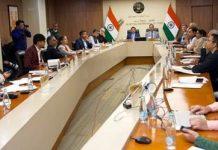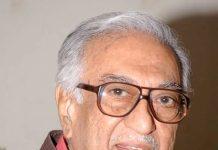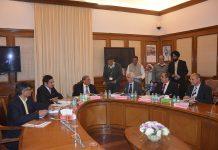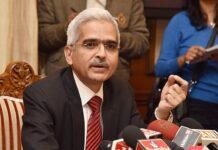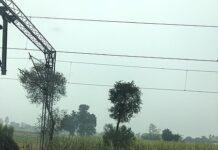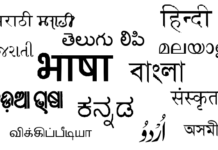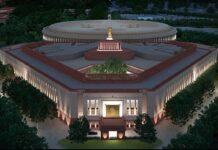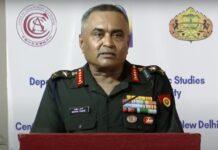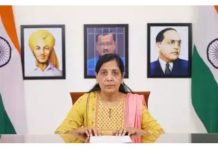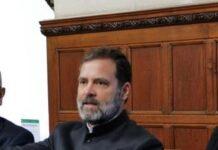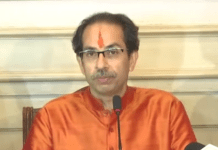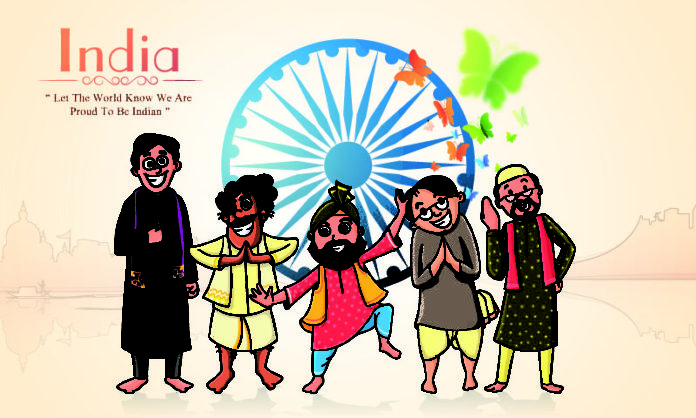Given shared ancestry and blood lines, common language and habits and cultural affinities, the Pakistanis are unable to separate themselves from India and create a separate identity of their own that could consolidate their nationhood. So are Indians like Sidhu who find it difficult to accept Pakistanis as aliens. This is what apparently is echoed in ‘’Can relate more with Pakistanis’’. Possibly, Sidhu was lamenting partition and hoping that someday India and Pakistan would come together and revert to one nation as always been for millennia.
‘’Can relate more with Pakistanis than with people in Tamil Nadu’’ said Navjot Singh Sidhu, a former cricketer and currently a cabinet minister in the India State of Punjab recently after having received a warm welcome in Pakistan during the inauguration of Imran Khan as the Prime minister of Pakistan which he attended as a personal guest of Khan. He talked of caste affinity, similarity in food habits and spoken language as factor responsible for his sense of connection to Pakistan. Perhaps he meant his affinity to Punjabi speaking people and their culture on the other side of border but he has certainly raked a controversy in India over his expression of inability to relate with his fellow Indians in Tamil Nadu.
Modern nations are based on religion, race, language, ethnicity, or even ideology. It’s the sameness of people which usually make a nation. India is a diverse country on all these dimensions. For large part of history, India was not one political entity either but always existed as a nation albeit in subliminal form in the hearts and minds of the people. Historically, India never defined herself in terms of sameness of people. From atheism to sanatanism, even Hinduism has been a conglomeration of numerous diverse and contradictory belief systems. There never was one single belief system which could bring people together in the form of nation.
Apparently, India has never been a land of believers in one codified system. Instead, Indians were seekers of truth (the nature of existence) and liberation. In seeking truth and freedom or liberation from samsara, people found oneness that loosely unified the diverse people. Probably, this is the invisible common thread that connected Indians together for millennia. Possibly, this is fountainhead of ‘respect for diversity’, the ultimate source of Indian nationalism. Sidhu seems to have missed to appreciate this for which he should unconditionally apologise to his citizens from south.
Pakistani nationalism, on the other hand, is based on ‘’sameness’’ of religion. The founders of Pakistan came up with idea that Muslims of India form a separate nation and historical processes lead to partition of India. This ultimately divided Indian Muslims into three parts with India still remaining home to largest number of Muslims. Religion could not hold Pakistanis together and Bangladesh was formed in 1971. Pakistani nationalism today is defined in terms of anti-Indianism. There is nothing to hold Pakistanis together but for this negative emotion of anti-Indianism.
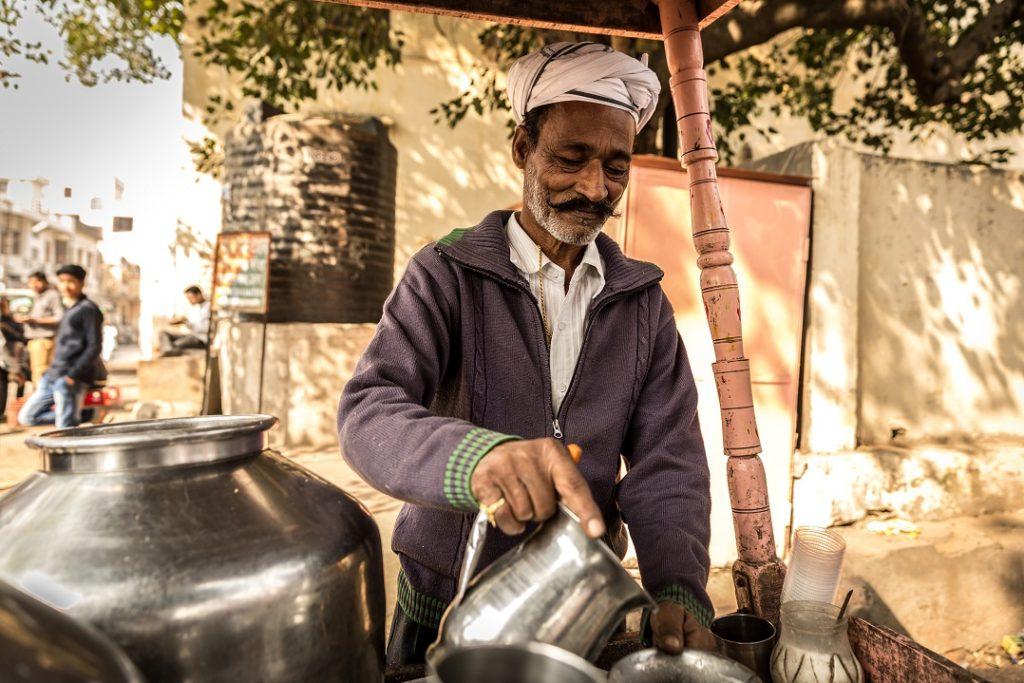
Given shared ancestry and blood lines, common language and habits and cultural affinities, the Pakistanis are unable to separate themselves from India and create a separate identity of their own that could consolidate their nationhood. So are Indians like Sidhu who find it difficult to accept Pakistanis as aliens. This is what apparently is echoed in ‘’Can relate more with Pakistanis’’. Possibly, Sidhu was lamenting partition and hoping that someday India and Pakistan would come together and revert to one nation as always been for millennia. Is this possible? Several years ago, I recall asking this question to Imran Khan in one of meetings at Chatham House and his immediate reaction was ‘’we have fought four wars with India’’. So, not till narratives and perception of history at both sides converges. Sidhu’s remark and Bollywood films like Bajrangi Bhaijaan may be contributory factors.
***
Author: Umesh Prasad
The author is an alumnus of the London School of Economics and a UK based former academic.
The views and opinions expressed on this website are solely those of the author(s) and other contributor(s), if any.



